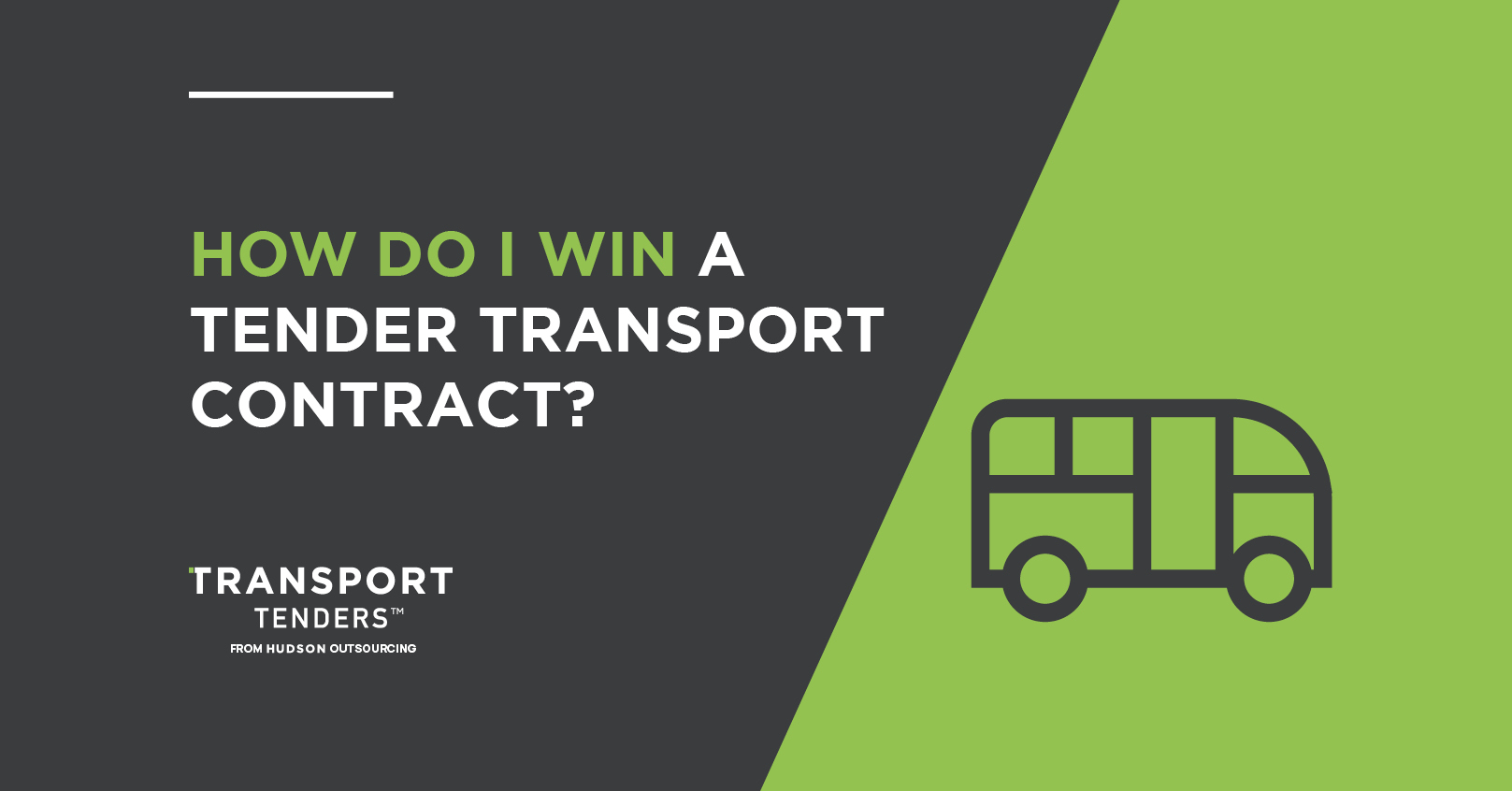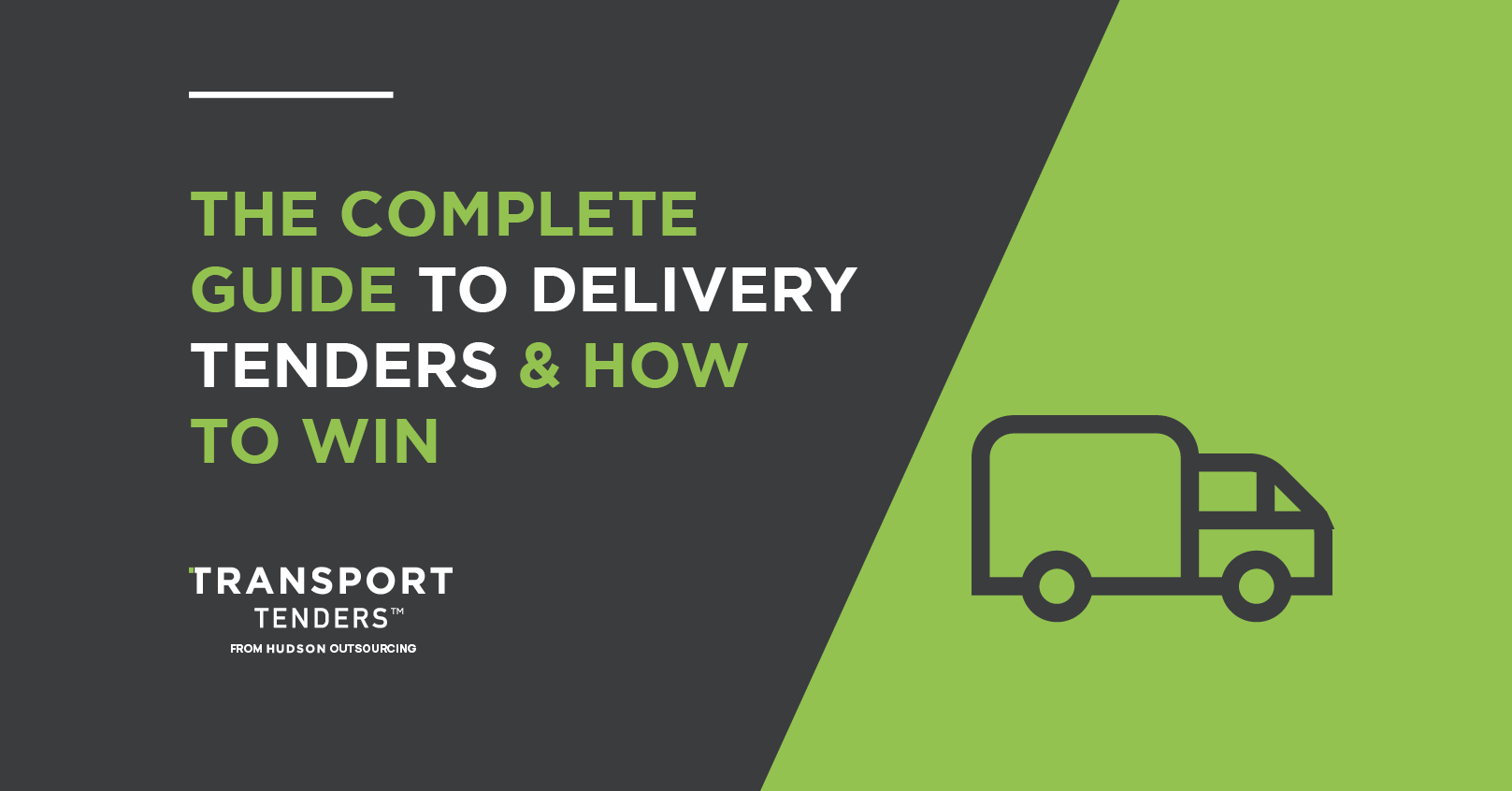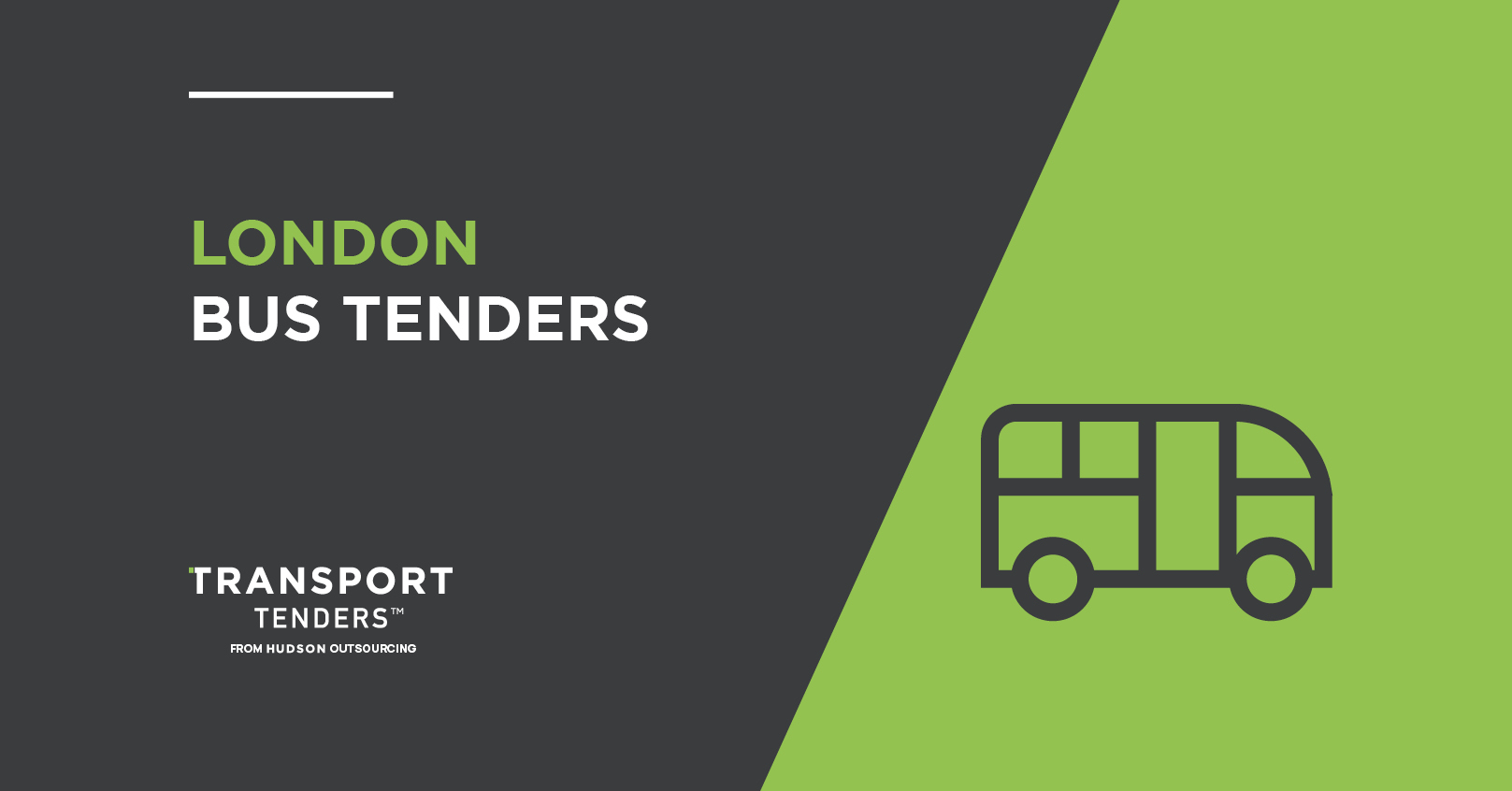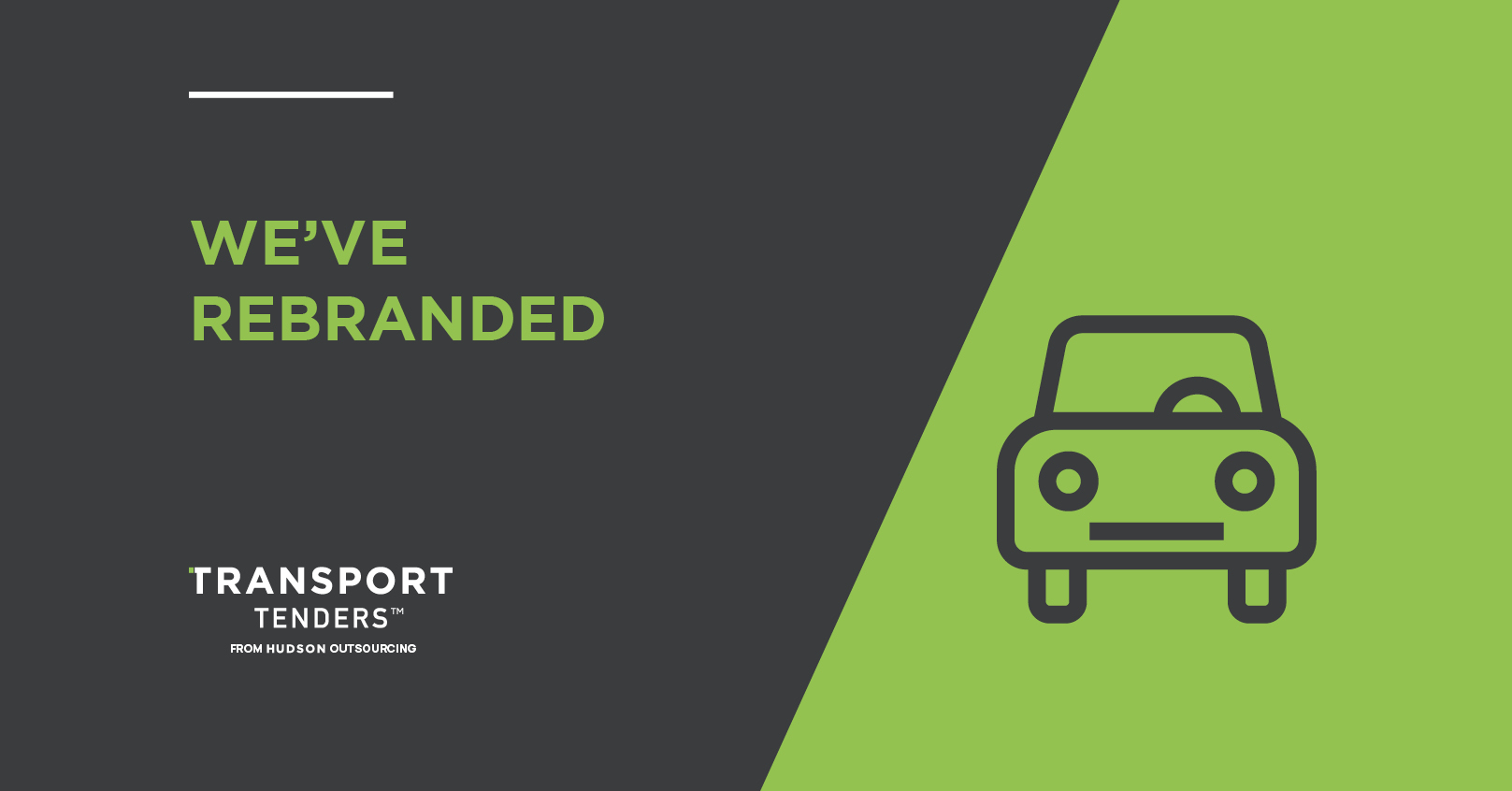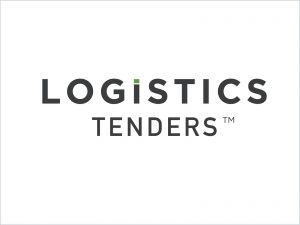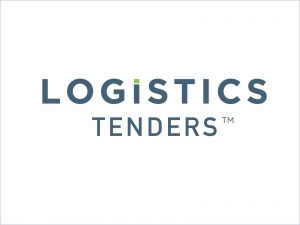How do I win a tender transport contract?
If you’re bidding for a tender transport contract, you may be wondering what you need to know about them. There are lots of tender transport contracts out there such as courier services or train tenders .We’ve put together a guide on tips to win a tender transport contract.
The tender procedure
If you’re not familiar with the procedure when it comes to a tender transport contract. Here is a breakdown of how it goes:
There are typically two types of tender procedures used by buyers to procure the goods or services they need. They are:
Open tendering procedure
Step 1: An invitation to tender is released (ITT)
A tender transport contract can be done via an open tendering procedure. This procedure is often used to procure more ‘simple’ goods or services. Any supplier can apply for the contract when the invitation to tender(ITT) is released. Suppliers must submit a response as to why they should be awarded the contract.
The buyer then evaluates the responses and decides who should be awarded the contract. If tendering in the public sector, the contract is awarded to the most economically advantageous tender (MEAT). This is when the buyer is seeking to get the most value for money. This doesn’t necessarily mean being the cheapest bidder. Other factors come into play such as:
- Quality
- Accessibility
- Ability to deliver on time
- Environmental factors
- Technical ability
Restricted procedure
This next procedure is used for more complex goods or services and is split into two stages.
Step 1: The buyer releases a PQQ/SQ
A pre-qualification questionnaire (PQQ) or a selection questionnaire (SQ) need to be completed by prospective suppliers.
PQQs and SQs are essentially box-ticking exercises. You will need to include a copy of your business relevant policies and procedures for tenders for transport services. Contract examples will likely be required so a buyer can assess your capabilities. Your economic financial standing will also be assessed. This is to ensure you’re financially able to deliver the contract.
Step 2: Eligible businesses are issued with an ITT
After a supplier meets the minimum eligibility criteria, they will be issued with an ITT. They can then produce a more detailed response to quality questions and give their pricing. Tenders will then be evaluated, and a successful supplier will be awarded the contract.
Top tips
Read the tender documents
Our first tip to winning a tender transport contract is to make sure you read through the tender documents thoroughly. Make sure you can deliver what the buyer is asking for.
Managing your journeys
When transporting people or goods you need a way of managing your journeys. The last thing you want to turn up late for all your pick-ups and drop-offs. It makes you look unreliable which doesn’t look good to a buyer.
Here are some things to think about:
- How do you coordinate your journeys?
- What technology do you use?
- How is your system efficient and does it save you money?
- How can you prove to the buyer you’ll be on time?
Provide evidence
Evidence is key to proving to the buyer what you’re capable of and how you meet the requirements. The buyer will want to see evidence of similar projects you’ve worked on. They’ll be looking for your methodology and how you dealt with any challenges faced.
You should be looking to provide at least 2 – 3 relevant case studies from the past 3 – 5 years. The case studies you attach should be relevant to the contract at hand. If the contract is to deliver school transport services, you should use case studies relevant to that. You should always back up your points with evidence.
Demonstrate a robust quality service
If you’re looking to secure a tender transport contract, make sure you can demonstrate a robust quality service. Transport buyers are looking for a supplier who can provide outstanding quality and performance standards. Demonstrate how you track and monitor your service. What management information and reporting systems do you use?
Answer all the questions
Leaving answers blank or half answered isn’t going to sit well with the buyer. And it certainly won’t win you the bid. If a buyer is asking for 500 words for an answer that’s exactly what they are expecting. Submitting 200 words just won’t cut it. The answer won’t give the amount of detail the buyer is looking for and won’t answer the question in full. Be sure to consider all points of the question and do your best to reach the word count.
Time Management
Time management is an essential skill if you want to secure a tender transport contract. The tender process is long and complex, so you need to allow yourself plenty of time for the whole procedure. The writing and submission process will take up a considerable amount of time.
It’s wise to put a plan together if you’re going to devise your time throughout the process. The last thing you want to do is rush the bid as it will only add to the pressure.
Proofreading
The final step you need to take is making sure you’ve proofread your bid before submitting it.
We can’t stress enough how important it is to double your bid response once complete. This can be quite time-consuming so be sure to allow plenty of time to complete the task thoroughly.
You should be checking for spelling mistakes and grammatical errors. When working on a long document it can be hard to spot them whilst working. That’s why it’s important to go back to your work and check again. It will look unprofessional if you submit your response full of errors. You will lose marks as it will be hard for the buyer to read.
In conclusion
We hope you’ve found this guide to a tender transport contract useful. Remember to take onboard our tips for winning your next tender. If you still need help our team are on hand to assist.
Need assistance when writing a tender transport contract?
You may not have the time or resources in house to write a winning tender response in house. Outsourcing to tender writing specialists can help you secure your next contract.
Our sister company, Hudson Succeed, provide four levels of bid writing support services. Our Bid Writers have over 60 years of collective bid writing experience and an 87% success rate. Whether you’re new to tendering or need your response proofread – we can help.
Tender Ready
Tender Ready is the perfect programme for those who are completely new to tendering. You’ll have access to an expert Bid Consultant to answer any questions that you may have. You’ll also get a year’s subscription to our Transport Tenders portal.
Tender Improvement
If you have already been applying for tenders but aren’t seeing success our Tender Improvement package can help. Our Bid Writers will go over your previous submissions and provide feedback and guidance.
Tender Writing
Have you found the perfect courier delivery contract for your business but are struggling to start? Send it over to our Bid Writing team and they can write the whole response for you. If you use our Tender Writing service, they’ll even submit it on your behalf!
Tender Mentor
Our Bid Writers can look over a bid response you’ve already written, checking it for errors before you submit. Sometimes you just need another pair of eyes to go over your response and our Tender Mentor service can help.
Where can I find tenders for logistics services?
If you’re wondering where to find tenders for logistics services, you’ve come to the right place. Transport Tenders hosts hundreds of new tendering opportunities from the logistics industry across the UK.
A subscription to Transport Tenders could increase your chances of securing school transport contracts. With the time saved and numerous opportunities found, Transport Tenders can feed seamlessly into your business development strategy. With a subscription to the portal, you receive:
- Unlimited access.
- A dedicated Account Manager.
- A free 20-minute phone consultation.
- A daily email bulletin.
This way, you can save your precious time and focus on the more pressing matters on your plate.
Below are previous tender transport contracts sourced on our Transport Tender portal:
Transportation Services
IDA Ireland – Republic of Ireland – Budget: Undisclosed
Home to School Transport
Cumbria County Council – North West – Budget: Undisclosed
Passenger Transport Services
Northumberland County Council – North East – Budget: Undisclosed
Home to School Transport
Cumbria County Council – North West – Budget: Undisclosed
Pupil Referral Unit Transport
Cumbria County Council – North West – Budget: Undisclosed
On Transport Tenders, we post contracts for:
- Courier services;
- Public transport;
- Transport services;
- Logistical planning consultancy;
- Recycling logistics;
- School taxi contracts;
- Bus tenders;
- and supply chain solutions.
Book a free live demo today for a quick tour of our portal. Get in touch to learn more about our bespoke bid writing services.
Want to save even more time?
Upgrading to Discover Elite can save you even more time, helping you identify tendering opportunities even when you’re busy. Our two time-saving tools can improve your competitor awareness and bidding success rate.
Contact us for more information on how we can help your business grow.
